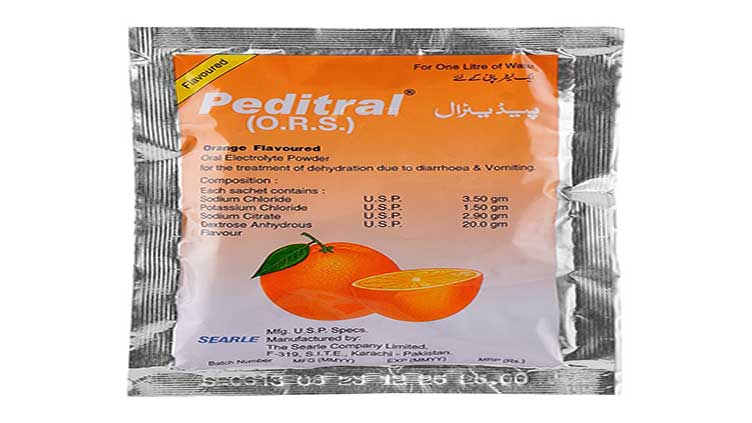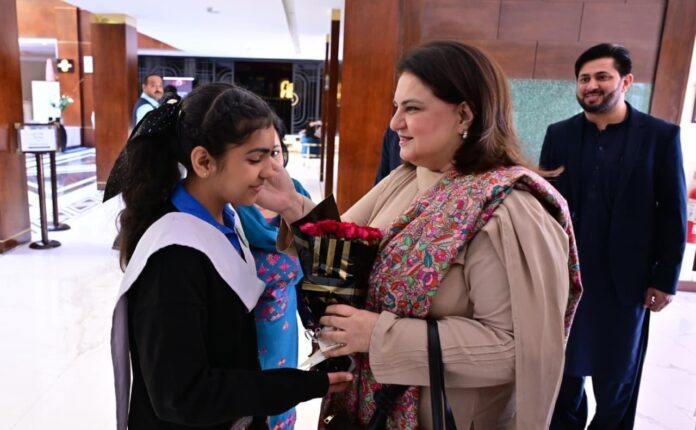Oral rehydration salts (ORS) – a cheap and effective treatment for diarrhea – could save the lives of half a million children a year, according to a study.
Worldwide, an incredible 500,000 children under the age of five die from diarrhea.
India has the highest incidence of childhood diarrhea of any country in the world. It is also the leading cause of death among children in India.
ORS, which comes in a small package and dissolves in water, is a life-saving and inexpensive treatment for diarrheal diseases, yet few people prescribe it.
To understand the reason for this underprescribing of ORS, researchers from the University of Southern California (USC) surveyed approximately 2,000 health care providers in more than 200 cities in Bihar and Karnataka.
The findings, published in the journal Science, reveal that 50 percent of children with diarrhea in India do not receive ORS.
This is due to a misperception by providers that patients do not want ORS. It plays the biggest role in the underprescribing of ORS.
Healthcare providers’ perceptions that patients did not want ORS accounted for roughly 42 percent of underprescribing, while stockouts and financial incentives explained only 6 percent and 5 percent, respectively.
“Even when children seek care from a health care provider for their diarrhea, as most do, they often do not receive ORS, which costs just a few cents and has been recommended by the World Health Organization for decades,” said Neeraj Sood of the USC Schaeffer Center for Health Policy & Economics and professor at the USC Price School of Public Policy.
“Despite decades of widespread knowledge that ORS is a life-saving intervention that can save the lives of children with diarrhea, rates of ORS use remain stubbornly low in many countries such as India,” added Manoj Mohanan, professor of public policy, economics and global health at Sanford School of Public Policy at Duke University.
For the study, the researchers selected states with significantly different socioeconomic demographics and different access to health care to ensure that the results were representative of the general population.
Bihar is one of India’s poorest states with below-average ORS utilization, while Karnataka has above-average per capita income and above-average ORS utilization.
Patients who prefer ORS increased prescribing by 27 percentage points—a more effective intervention than eliminating shortages (which increased ORS prescribing by 7 percentage points) or removing financial incentives (which only increased pharmacy prescribing of ORS).
“Changing provider behavior around prescribing ORS remains a huge challenge,” Mohanan said.







